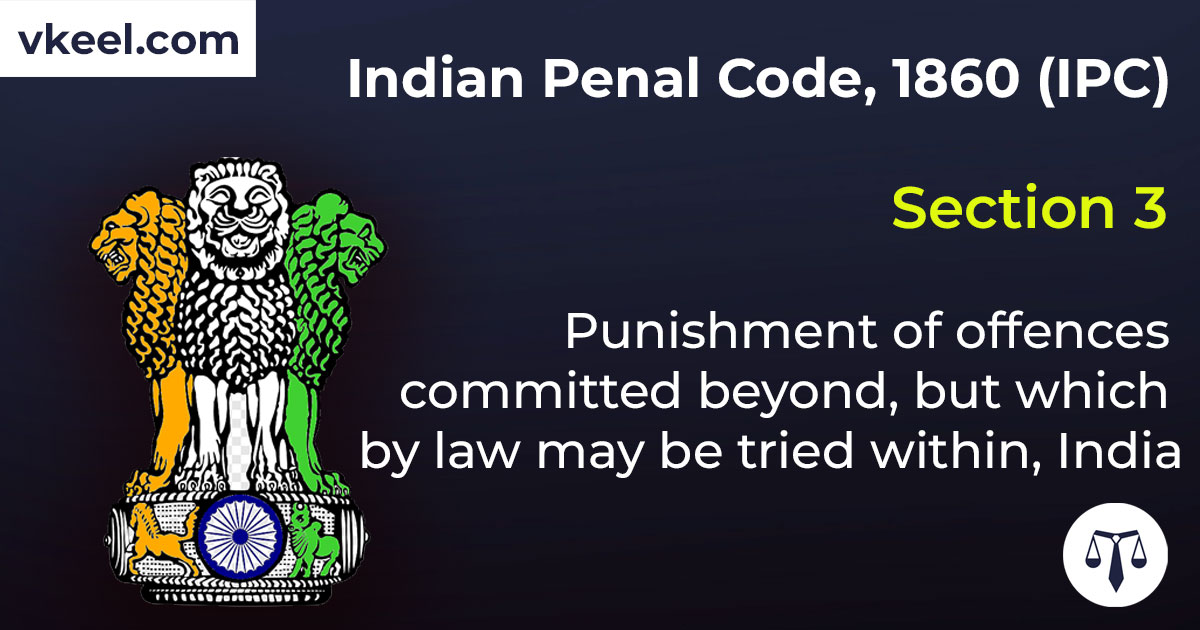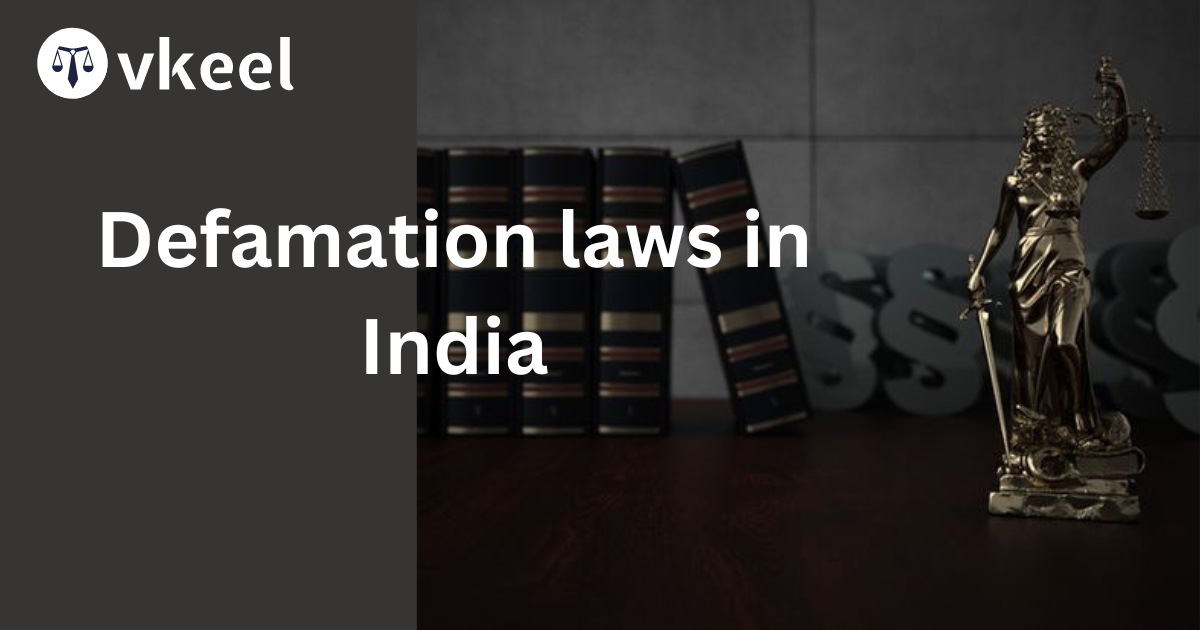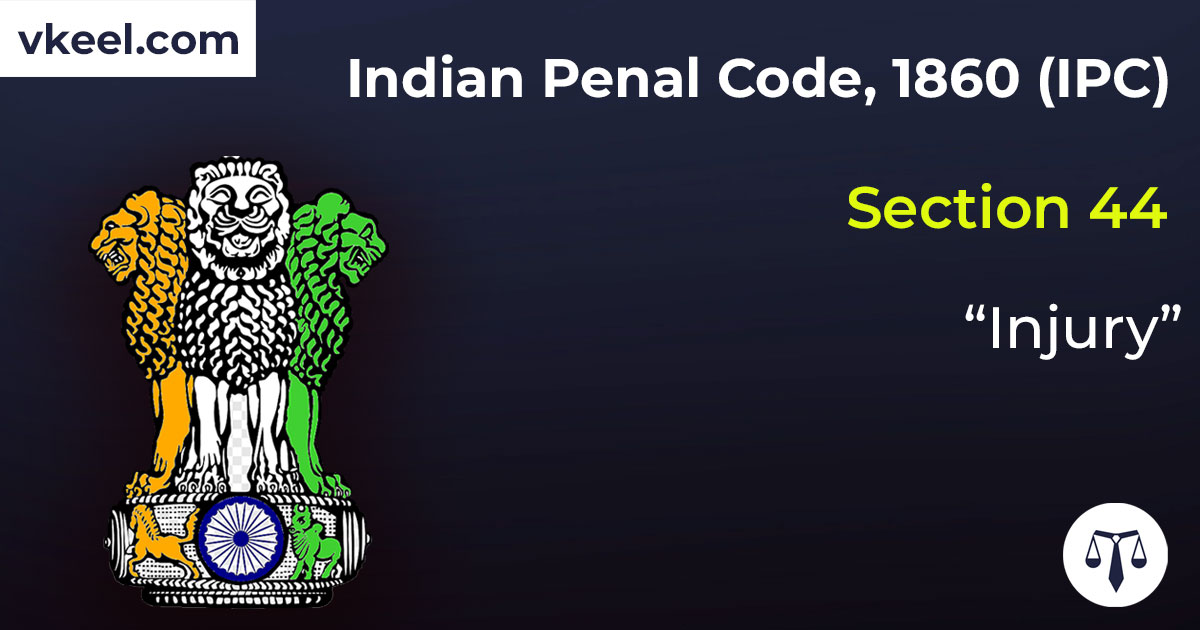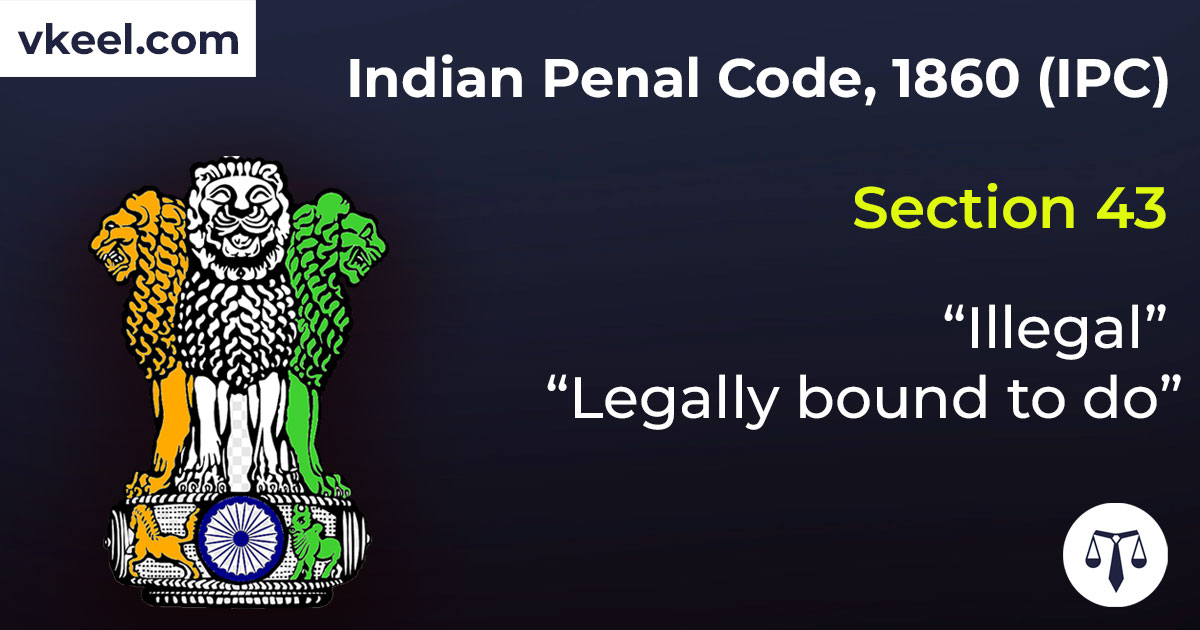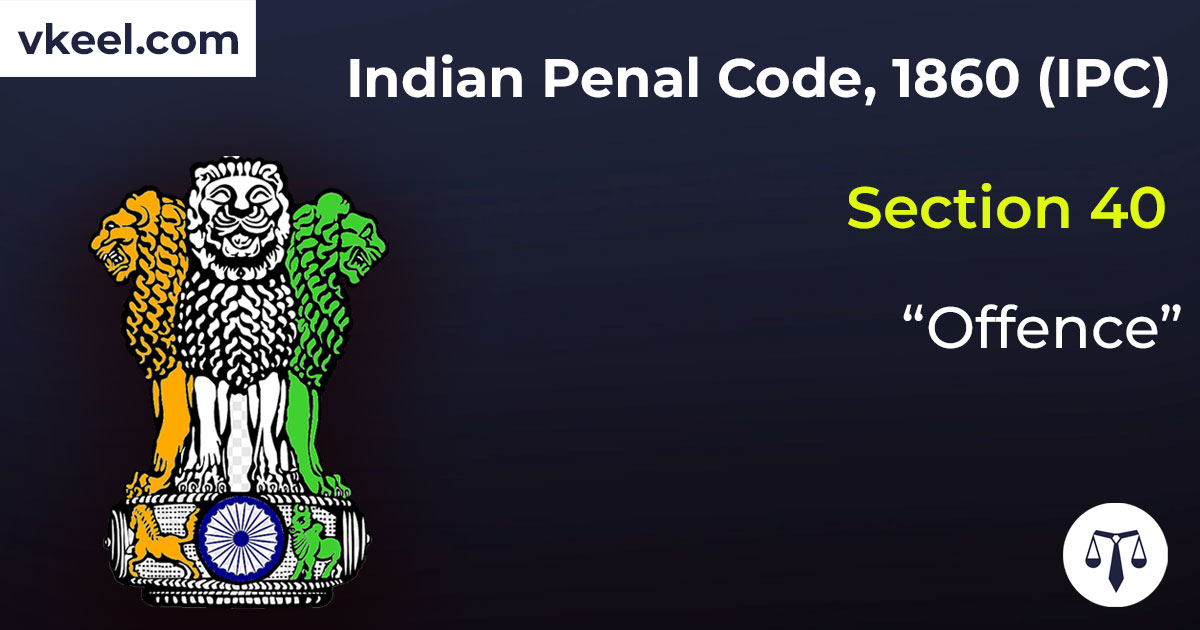Section 3 Indian Penal Code 1860 (IPC) – Punishment of offences committed beyond, but which by law may be tried within, India
By Vkeel Team
Table of Contents
Description
“Section 3 Indian Penal Code 1860 (IPC)”
Any person liable, by any 2 [Indian law], to be tried for an offence committed beyond 3 [India] shall be dealt with according to the provisions of this Code for any act committed beyond 3 [India] in the same manner as if such act had been committed within 1 [India].
Scope of Section 3 of the Indian Penal Code
Section 3 of the Indian Penal Code (IPC) is a comprehensive provision that deals with the concept of criminal liability. It states that a person is liable for any act or omission that is punishable under the IPC. This section is applicable to all persons, regardless of their age, gender, or nationality.
The scope of Section 3 of the IPC is wide and encompasses a variety of offences. It covers offences such as murder, culpable homicide, theft, criminal breach of trust, cheating, forgery, and other offences. It also covers offences related to public health, safety, and morals, such as obscenity, public nuisance, and cruelty to animals.
Section 3 of the IPC also provides for the punishment of those who abet or attempt to commit an offence. It states that a person who abets or attempts to commit an offence shall be liable for the same punishment as that prescribed for the offence.
Section 3 of the IPC also provides for the concept of vicarious liability. This means that a person can be held liable for the acts of another person if he or she has aided, abetted, or conspired with that person in the commission of the offence.
Impact of Section 3 of the Indian Penal Code on International Law
Section 3 of the Indian Penal Code (IPC) is a significant piece of legislation that has a direct impact on international law. This section of the IPC outlines the scope of criminal liability for acts committed outside of India. It states that any person who commits an offence outside of India, which would be punishable if committed within India, shall be liable to the same punishment as if the offence had been committed within India.
This section of the IPC has a direct impact on international law. It allows Indian courts to exercise jurisdiction over offences committed outside of India, even if the offence is not punishable in the country where it was committed. This is significant because it allows Indian courts to prosecute individuals for offences that may not be punishable in the country where the offence was committed. This is especially important in cases where the offence is considered a crime against humanity, such as genocide or war crimes.
The impact of Section 3 of the IPC on international law is also significant in terms of extradition. This section of the IPC allows Indian courts to extradite individuals who have committed offences outside of India, even if the offence is not punishable in the country where it was committed. This is important because it allows Indian courts to extradite individuals who have committed serious offences, even if the offence is not punishable in the country where it was committed.
In conclusion, Section 3 of the Indian Penal Code has a significant impact on international law. It allows Indian courts to exercise jurisdiction over offences committed outside of India, even if the offence is not punishable in the country where it was committed. It also allows Indian courts to extradite individuals who have committed offences outside of India, even if the offence is not punishable in the country where it was committed. This is important because it allows Indian courts to prosecute and extradite individuals who have committed serious offences, even if the offence is not punishable in the country where it was committed.
Constitutional Validity of Section 3 of the Indian Penal Code
Section 3 of the Indian Penal Code (IPC) is a provision that deals with the punishment for criminal acts. It states that whoever commits an offence shall be liable to punishment as provided by law. This section is an important part of the IPC and has been in force since its enactment in 1860.
The constitutional validity of Section 3 of the IPC has been challenged in various court cases. In the case of State of Bombay v. Narasu Appa Mali, the Supreme Court of India held that Section 3 of the IPC is constitutionally valid. The court held that the provision does not violate any of the fundamental rights enshrined in the Constitution of India.
The court also held that Section 3 of the IPC is a reasonable restriction on the freedom of speech and expression as provided in Article 19(1)(a) of the Constitution. The court further held that the provision is not violative of Article 14 of the Constitution, which guarantees equality before the law.
The court also held that Section 3 of the IPC is not violative of Article 21 of the Constitution, which guarantees the right to life and personal liberty. The court held that the provision does not impose any unreasonable restrictions on the right to life and personal liberty.
In conclusion, it can be said that Section 3 of the Indian Penal Code is constitutionally valid. The provision does not violate any of the fundamental rights enshrined in the Constitution of India. It is a reasonable restriction on the freedom of speech and expression and does not impose any unreasonable restrictions on the right to life and personal liberty.
1. The original words “the said territories” have successively been amended by the A.O. 1937, the A.O. 1948, the A.O 1950 and Act 3 of 1951, s. 3 and the Sch., to read as above.
2. Subs. by the A.O. 1937, for “law passed by the Governor General of India in Council”.
3. The Original words “the limits of the said territories” have successively been amended by the A.O. 1937, the A.O.1948, the A.O. 1950 and Act 3 of 1951, s. 3 and the Sch., to read as above.
Description Source: indiacode
Disclaimer:
The information provided in the article is for general informational purposes only, and is not intended to constitute legal advice or to be relied upon as a substitute for legal advice. Furthermore, any information contained in the article is not guaranteed to be current, complete or accurate. If you require legal advice or representation, you should contact an attorney or law firm directly. We are not responsible for any damages resulting from any reliance on the content of this website.

